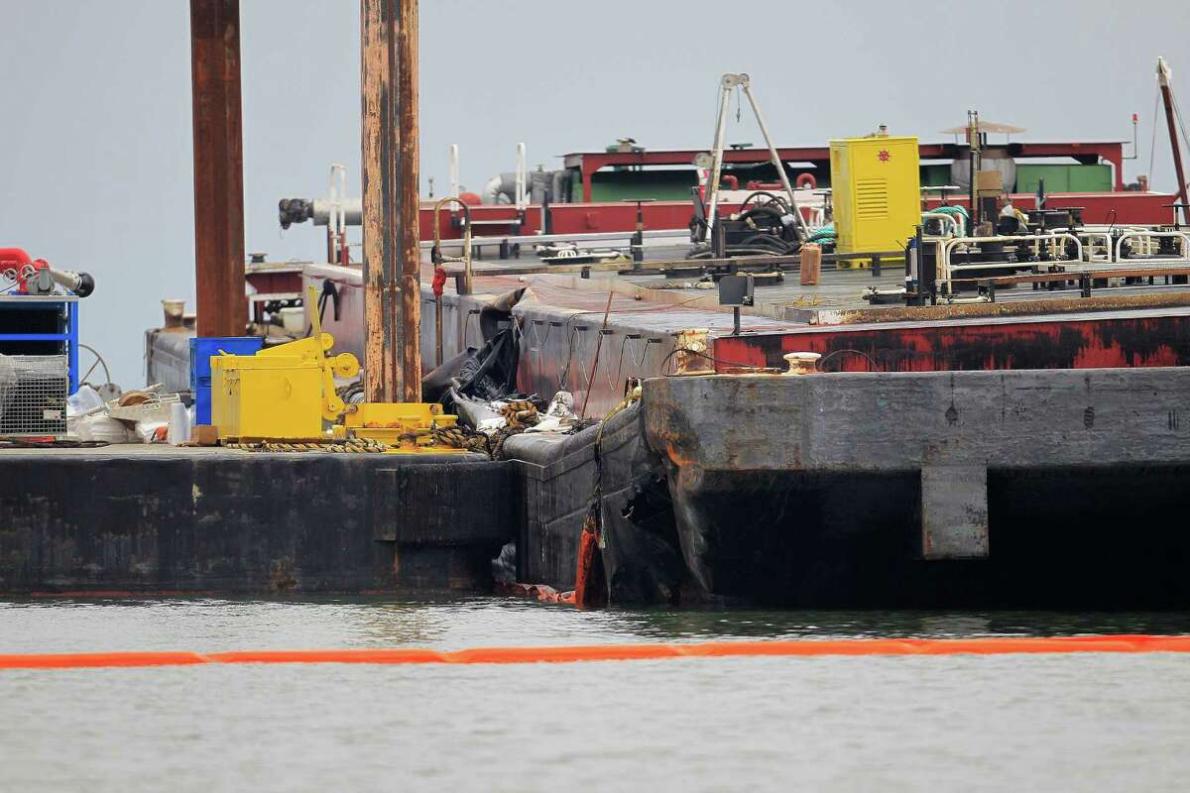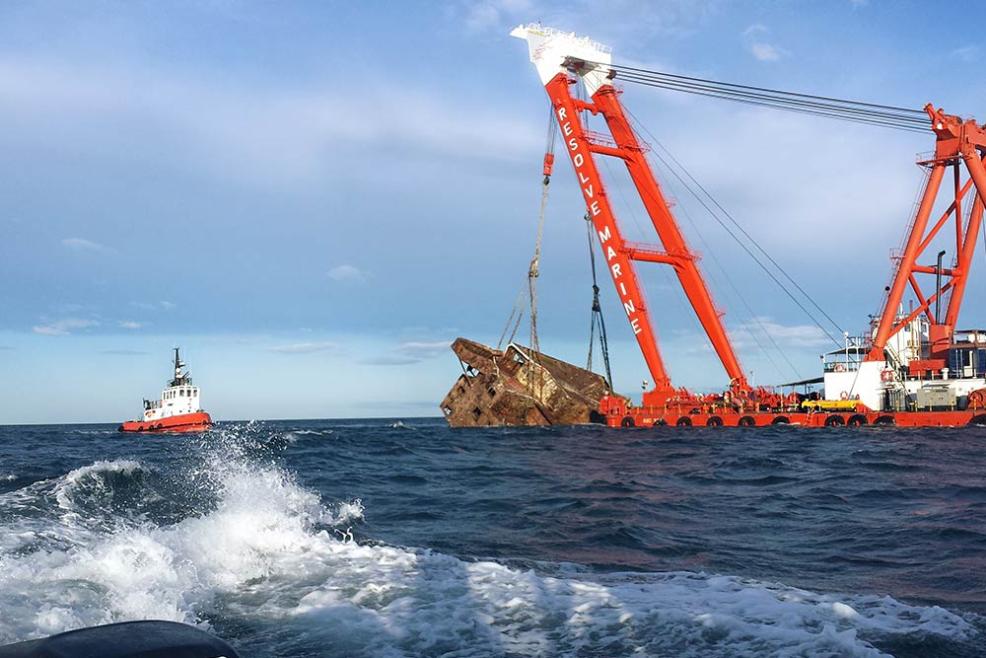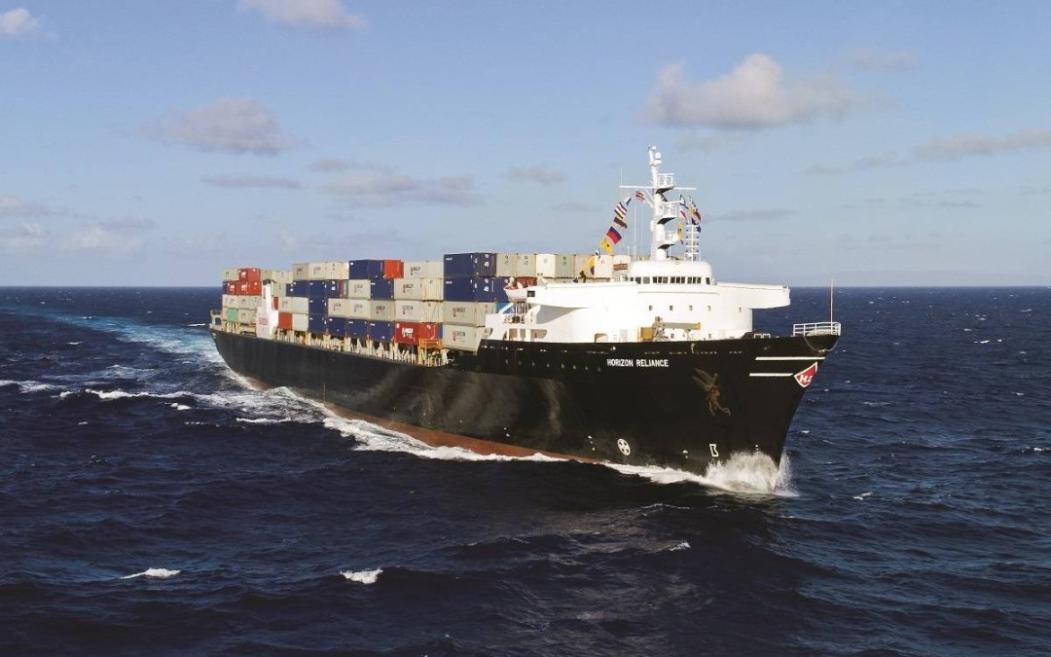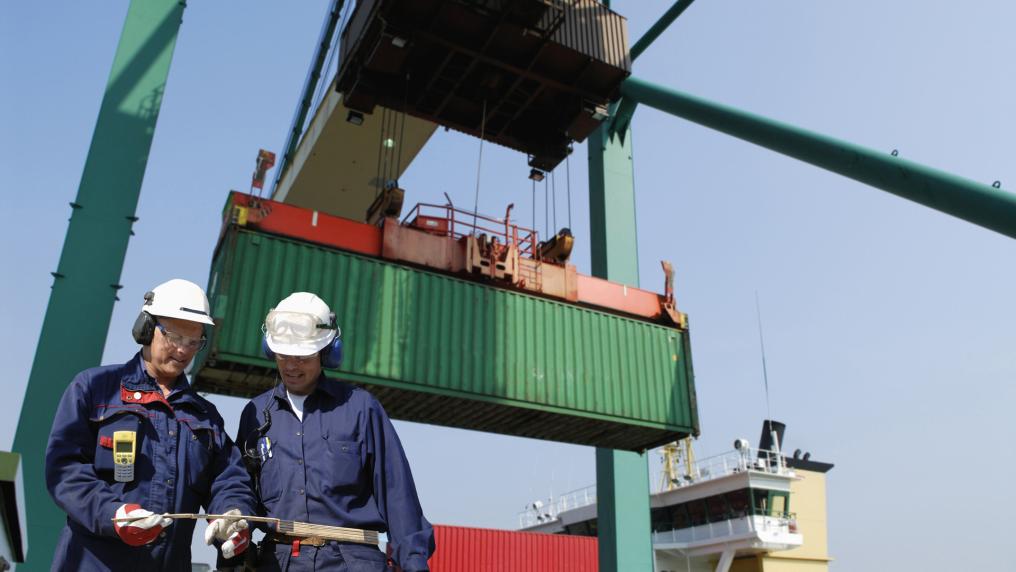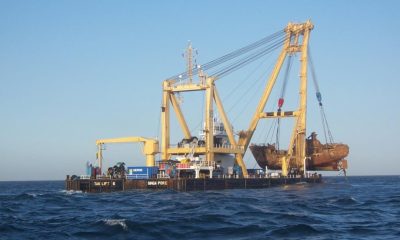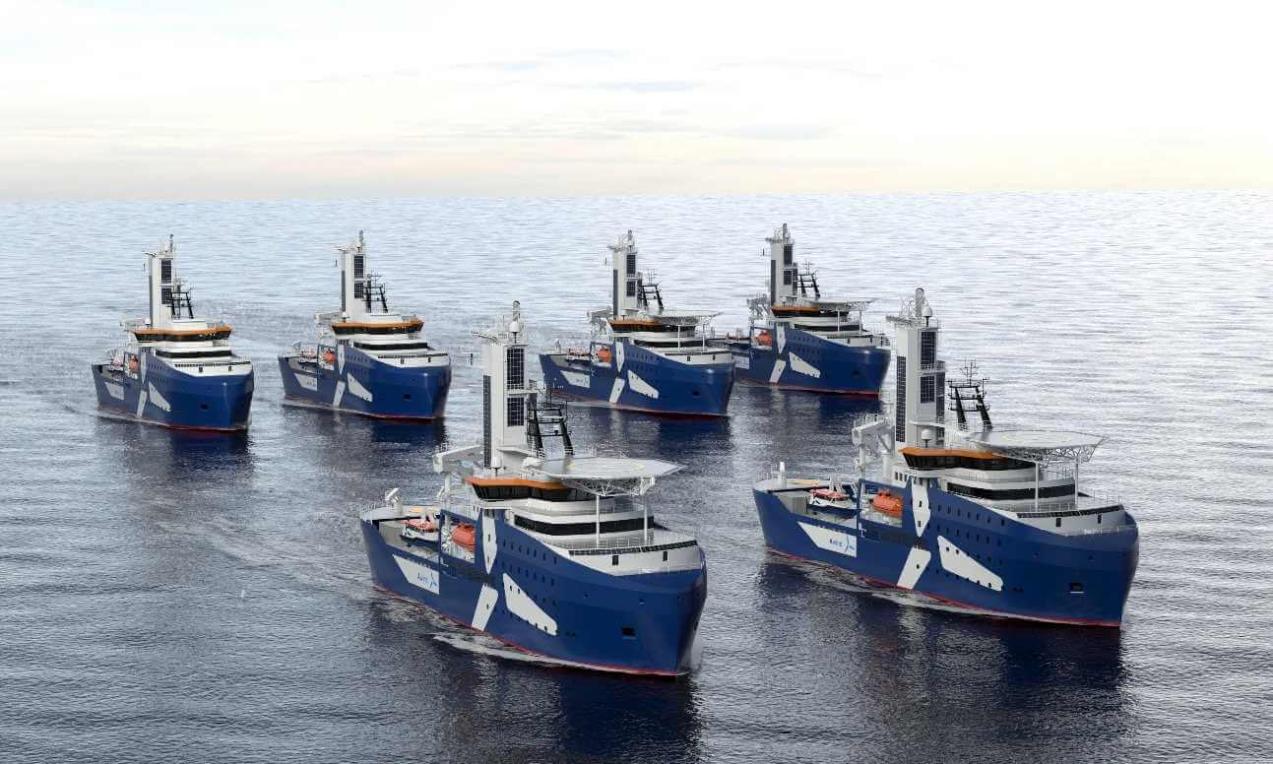
What are the common clauses found in maritime contracts?
Follow Us @
What are the common clauses found in maritime contracts?
Maru00edtimos Contracts
Maritime contracts play an important role in international trade, facilitating the transport of goods and services across vast oceans. These legally binding agreements govern the rights, responsibilities and obligations of parties involved in maritime activities. This article aims to provide an overview of the usual clauses typically found in maritime contracts, helping readers understand the main elements of these agreements.
Types of Maritime Contracts
There are several types of maritime contracts, each with a specific purpose in the maritime sector. Some of the most common types include:
- Bills of lading: These documents serve as proof of a transport contract, detailing the goods shipped, freight and the carrier's responsibility.
- Charter contracts: These contracts reject the hiring of a vessel for a specific voyage or period, describing the terms of hire, the condition of the vessel and the termination clauses.
- Marine Insurance Policy: These contracts provide coverage for vessels, cargo and other maritime interests against various risks, such as loss, damage or liability.
- Shipbuilding contracts: These agreements govern the construction of new vessels, specifying the design, specifications and payment terms.
- Salvage contracts: These contracts are signed when a vessel or cargo is in danger, describing the terms of remuneration for the vessel's salvage services.
- Part of the contract: This clause identifies the parties entering into the agreement, including their names, addresses and capabilities.
- Description of goods or services: This clause provides a detailed description of the goods shipped or services provided, including quantity, weights and packaging.
- Payment terms: This clause specifies the payment terms, including the amount, currency and payment method.
- Delivery and shipment details: This clause describes the delivery and shipment arrangements, including the delivery location, pickup time, and any special handling instructions.
- Responsibility and obligations of the parties: This clause sets out the responsibilities and obligations of each party, including the carrier's responsibility for loss or damage to cargo, the shipper's obligation to provide accurate information, and the consignee's responsibility to accept and pay for the goods.
- Dispute resolution mechanism: This clause describes the procedures for resolving disputes that may arise during the performance of the contract, such as arbitration or litigation.
- Bills of lading: Bills of lading may include clauses related to cargo description, freight payment, carrier liability and demurrage charges.
- Charter contracts: Charter contracts may include clauses covering vessel condition, rental rates, termination clauses and fuel adjustment factors.
- Marine Insurance Policy: Marine insurance policies may include clauses that describe coverage, exclusions, claim procedures and subrogation rights.
Importance of legal review and drafting
Given the complexity and legal implications of maritime contracts, it is essential that they are reviewed and drafted by experienced legal professionals. This ensures compliance with relevant laws and regulations, protecting the rights and interests of all parties involved and minimizing the risk of litigation and legal complications.
Understanding and negotiating the terms of maritime contracts carefully is essential for all parties involved in maritime trade. By seeking legal advice and having contracts reviewed by qualified professionals, companies and individuals can ensure that their rights and obligations are clearly defined and protected. This comprehensive guide provides an overview of the usual clauses found in maritime contracts, highlighting the importance of legal expertise in navigating the complexities of these agreements.
Specific clauses for different types of maritime contracts
In addition to the essential clauses mentioned above, certain types of maritime contracts may include additional clauses that are unique to their specific purpose. For example:
Essential clauses in maritime contracts
Maritime contracts typically include several main clauses that define the rights and obligations of the parties involved. These essential clauses include:
What are the common clauses found in maritime contracts?
Follow AFRILATEST on Google News and receive alerts for the main trending sports news today, Basket ball updates, Soccer series, entertainment and lots more!
SHARE POST AND EARN REWARDS:
Join our Audience reward campaign and make money reading articles, shares, likes and comment >> Join reward Program
FIRST TIME REACTIONS:
Be the first to leave us a comment, down the comment section. click allow to follow this topic and get firsthand daily updates.
JOIN US ON OUR SOCIAL MEDIA: << FACEBOOK >> | << WHATSAPP >> | << TELEGRAM >> | << TWITTER >
#common #clauses #maritime #contracts
-

 Fashion3 months ago
Fashion3 months agoVogue Arabia cover welcomes Salma Hayek in an interview with Penélope Cruz
-

 Football3 months ago
Football3 months agoVAR points out Diego Costa's offense against the fourth referee
-

 USA today entertainment3 months ago
USA today entertainment3 months agoBeyonce with the single “Break My Soul” leads on Spotify Brazil
-

 Health and Fitness3 months ago
Health and Fitness3 months agoVaccine against the reappearance of skin cancer enters final testing phase
-

 USA today entertainment3 months ago
USA today entertainment3 months agoSZA, Future and DJ Khaled come together in collaboration
-

 News3 months ago
News3 months agoParents of former player Waleswska are pressured by widower to pay rent for the house where they live
-

 USA today entertainment3 months ago
USA today entertainment3 months agoLarissa Luz and Linn da Quebrada enchant at the Multishow Awards with a tribute to Elza Soares.
-

 Good News TV series3 months ago
Good News TV series3 months agoThe shocking reason behind the decision not to show dead characters in The Last Of Us episode revealed














